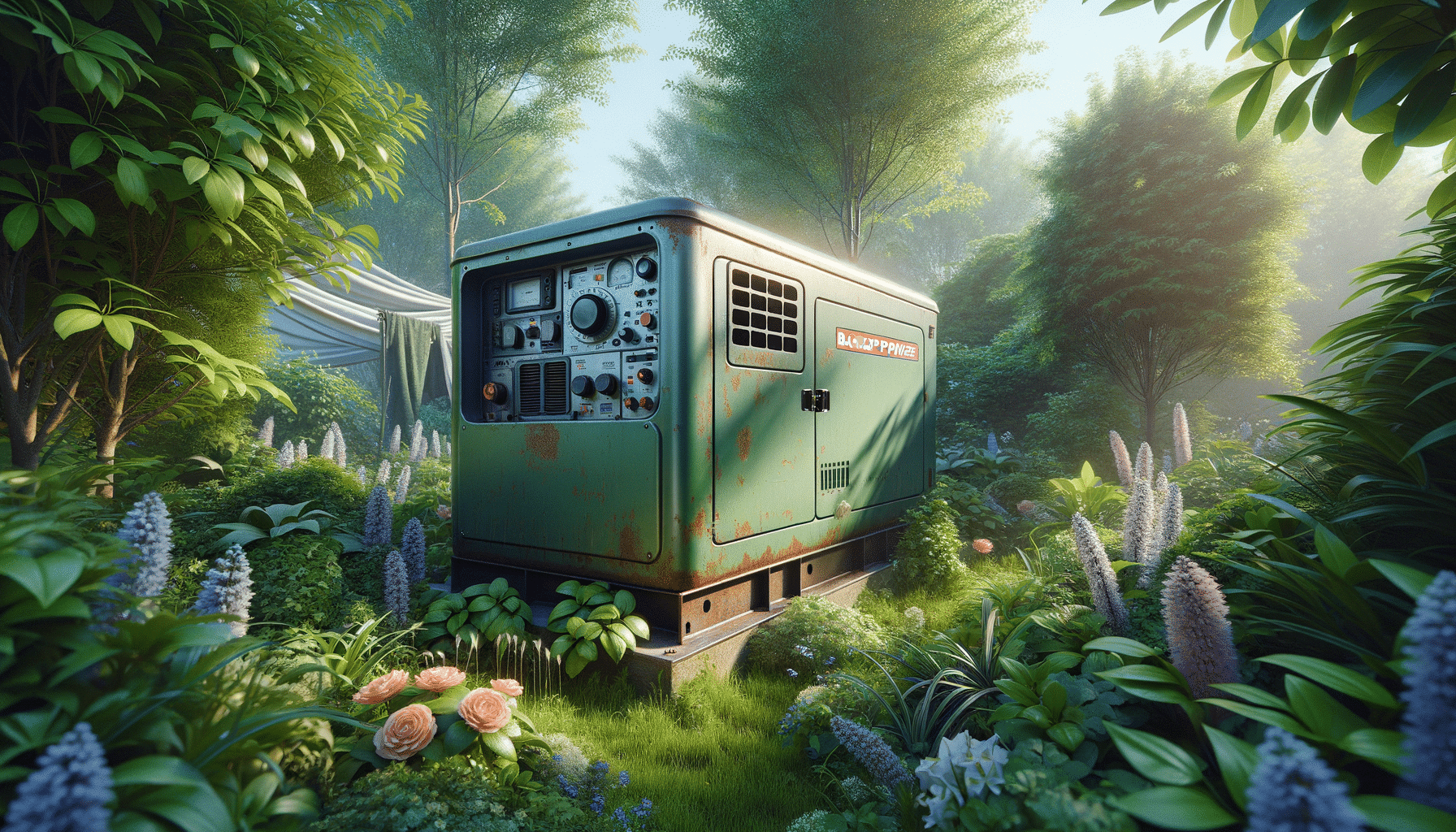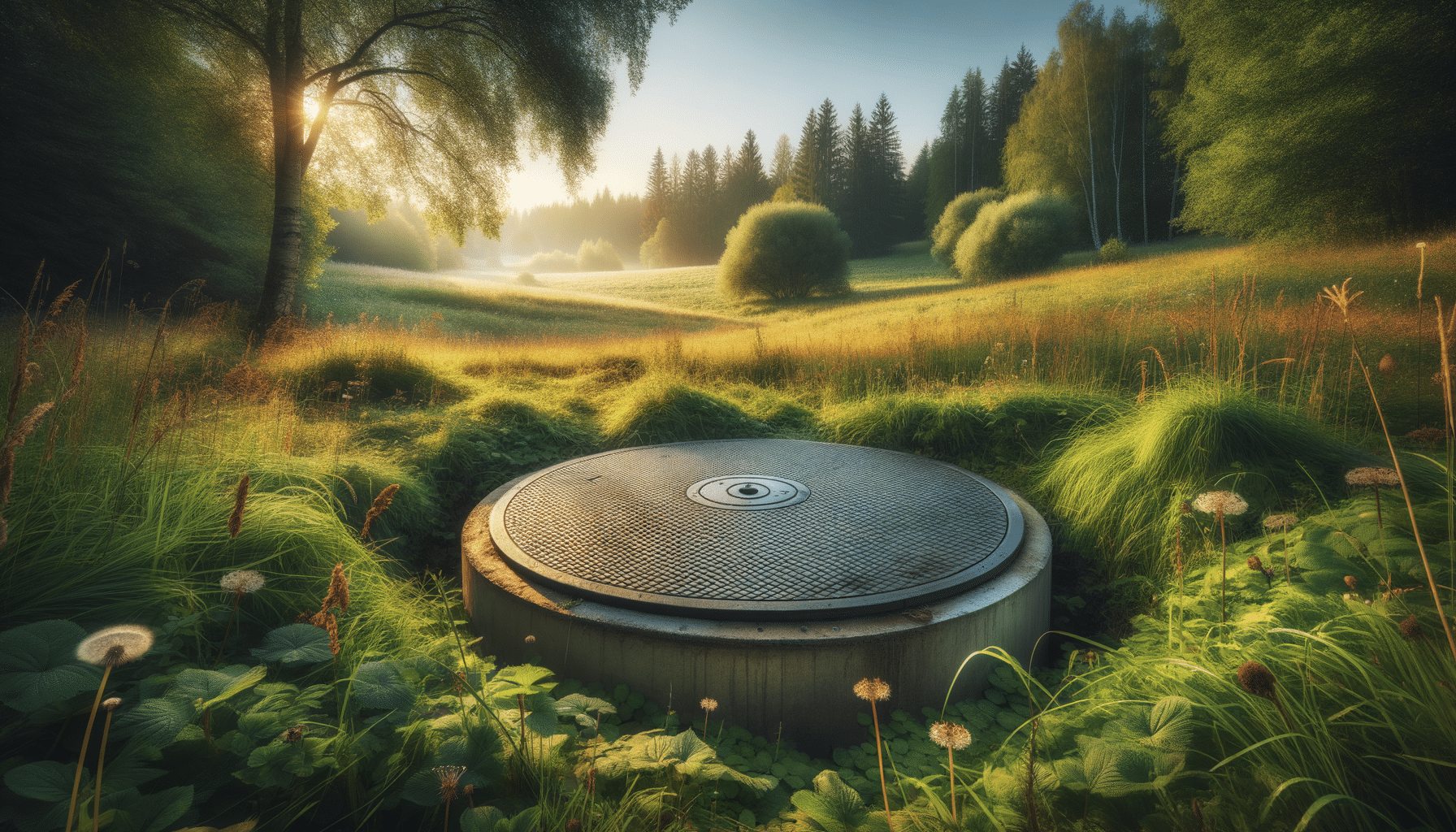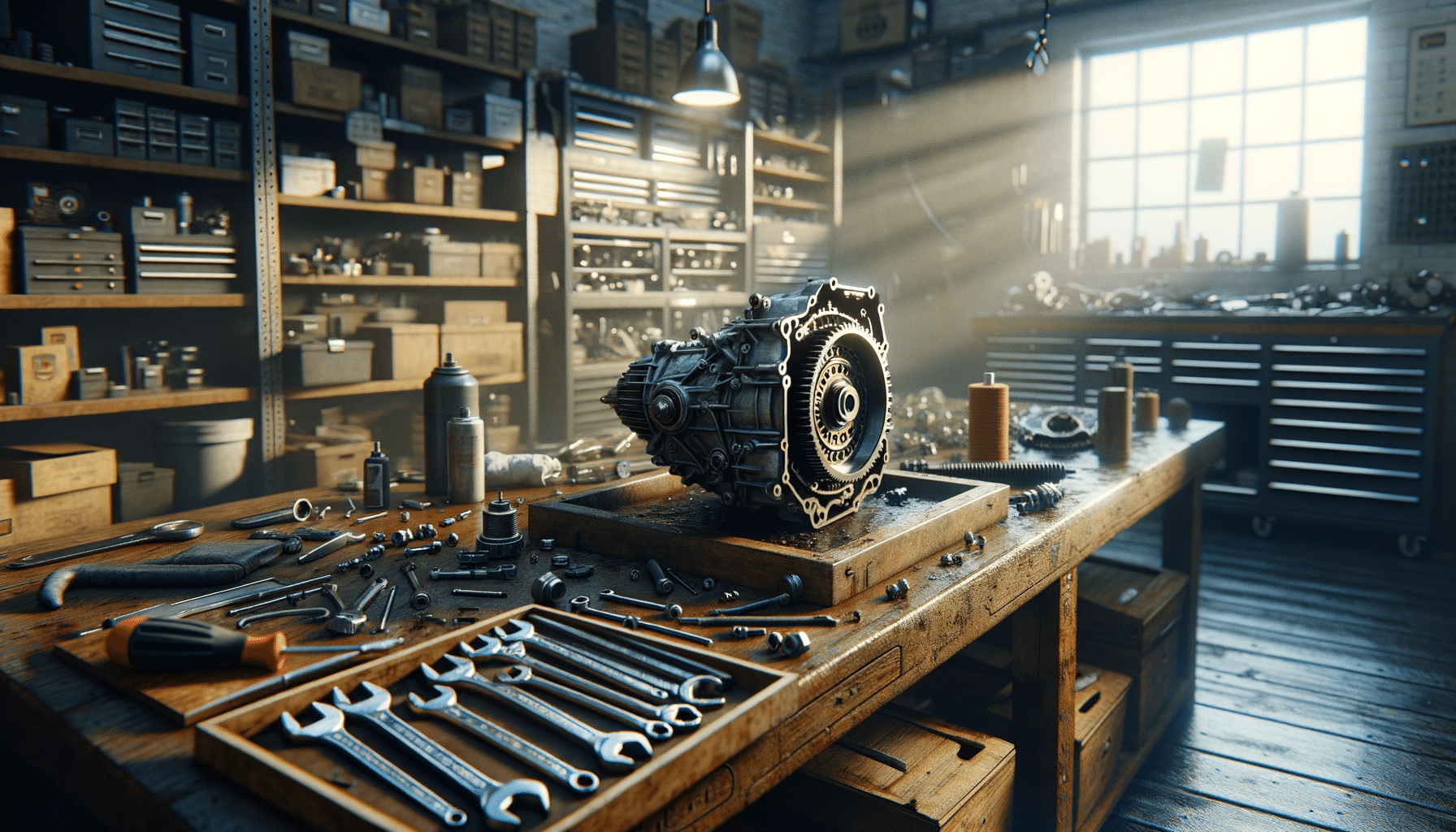
The Essential Guide to Backup Power Generators
Introduction to Backup Power Generators
In a world where electricity is the heartbeat of daily life, the importance of a reliable power supply cannot be overstated. Whether it’s for residential use or industrial applications, backup power generators serve as a crucial safeguard against unexpected power outages. These devices ensure that essential appliances and systems remain operational, reducing downtime and potential losses. In this article, we delve into the various aspects of backup power generators, exploring their types, benefits, and considerations for selecting the right one.
Types of Backup Power Generators
Backup power generators come in various forms, each designed to meet specific needs and environments. The most common types include:
- Portable Generators: These are small, mobile units that are easy to set up and operate. They are ideal for temporary power needs, such as during a short-term power outage or for outdoor events.
- Standby Generators: Installed permanently outside a home or business, these generators automatically kick in during a power outage. They are connected directly to the electrical system and provide seamless power restoration.
- Inverter Generators: Known for their quiet operation and fuel efficiency, inverter generators are suitable for sensitive electronics due to their ability to produce clean and stable power.
- Industrial Generators: These are large-scale generators designed for industrial applications, providing substantial power output to support heavy machinery and extensive facilities.
Each type offers unique advantages, and the choice largely depends on the specific power requirements and usage scenarios.
Benefits of Using Backup Power Generators
Investing in a backup power generator provides numerous benefits, particularly in regions prone to frequent power outages. Some key advantages include:
- Uninterrupted Power Supply: Generators ensure that critical systems and appliances remain functional, avoiding disruptions in daily activities.
- Safety and Security: They maintain the operation of security systems, lighting, and other essential services, enhancing safety during blackouts.
- Protection for Sensitive Equipment: Inverter generators, in particular, provide clean power that prevents damage to sensitive electronics and appliances.
- Increased Property Value: Having a standby generator can be an attractive feature for potential buyers, adding value to the property.
These benefits make backup power generators a worthwhile investment for both residential and commercial properties.
Considerations When Choosing a Backup Generator
Selecting the right backup power generator involves careful consideration of several factors:
- Power Requirements: Determine the total wattage needed to power essential devices and systems during an outage.
- Fuel Type: Generators can run on different fuels, including gasoline, diesel, natural gas, and propane. Each has its pros and cons regarding availability, cost, and storage.
- Noise Levels: Consider the noise output of the generator, especially if it will be used in residential areas where noise pollution is a concern.
- Installation and Maintenance: Standby generators require professional installation and regular maintenance to ensure reliable operation.
By assessing these factors, individuals and businesses can make informed decisions to select a generator that best suits their needs.
Conclusion: Ensuring Power Reliability
In conclusion, backup power generators play a vital role in maintaining the continuity of daily operations in the face of power interruptions. They offer peace of mind by ensuring that critical systems and appliances remain operational, safeguarding against potential losses and inconveniences. Whether for a home or a business, investing in a reliable generator is a proactive step towards power independence. As technology advances, generators continue to become more efficient and user-friendly, making them an essential component of modern infrastructure.


